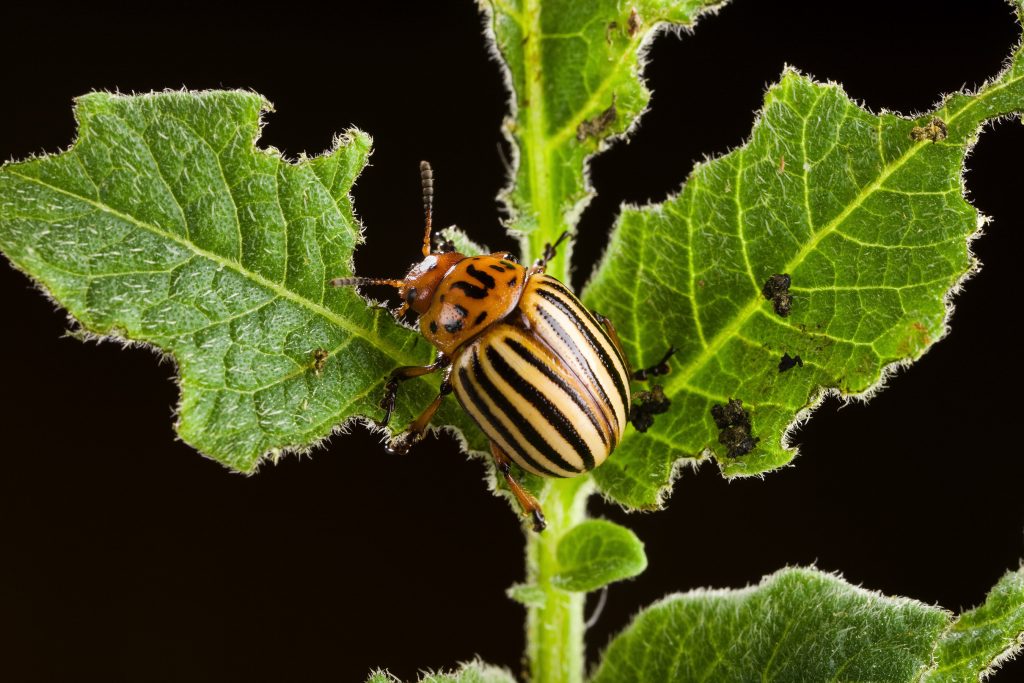Phytoma-Spain calls two competitions to portray the impact of climate change on agriculture.

The Phytoma-Spain publishing house commemorates its 30th anniversary in 2018 with an eye on the future of agriculture, especially the production and health of plants. For this reason, it has organized two competitions in order to portray and describe the effects of climate change on crop health.
On the one hand, the PHOTOGRAPHY CONTEST aims to reward the images that best reflect the consequences that climate change is having on agriculture, from the point of view of plant health, in all its areas: phytopathology, malherbology, entomology, pathosystems, agro ecosystems and ecosystems.
The meaning of the image is as important as its quality. For this reason, the photographs submitted to the contest must be accompanied by a caption explaining the relationship between the content of the image and the effect of climate change on the crops.
On the other hand, the CONTEST OF BRIEF STORIES aims to raise awareness about the impact that climate change is having on agriculture and on plant health, and will continue to have in the near future if adequate measures are not taken to mitigate its effects.
The stories can not exceed a thousand words. They can be based on real events, inspired by reality or fictional literary works, but the main theme should be the impact of climate change on agriculture, on the production and health of plants. Authors who wish may include illustrations or images in the story, provided they are the authors of them or have the express authorization of the authors.
In both competitions, three prizes have been established with an economic prize of € 600, € 300 and € 100 for the three winning works. The deadline for submission of photographs and stories ends on April 27.
Climate change and agriculture
Currently, there is a strong scientific consensus that the global climate will be significantly altered as a result of increased concentrations of greenhouse gases such as carbon dioxide, methane, nitrous oxides and chlorofluorocarbons.
Agriculture is one of the areas that will suffer most from the effect of global change and, as a consequence, the food of humanity will be affected. Likewise, it will have a profound influence on the protection of crops, affecting pests, diseases and weeds that compete with them for resources. All this will add greater uncertainty in world food production.
In this sense, Spain is one of the European countries that will suffer most from the consequences of climate change: according to the Intergovernmental Panel on Climate Change (IPCC), in the future the episodes of droughts, heat waves and increased torrential rains they will be common.
30 years working for Plant Health
In June 1988 Phytoma-Spain was born with the vocation to become the reference medium of Plant Health. Since then, the publication has served as a bridge between research and application at the field level, becoming the fundamental pillar of the transfer of knowledge and technology for crop protection professionals in Spain.
In 2018 it celebrates its thirtieth anniversary and the magazine will reach its 300th number in June, coinciding with the International Meeting on Plant Health Challenges in the future: European Legal Framework and Climate Change, to be held at the Ateneo de Valencia on 13 and 14 June. In this congress, which will bring together the top experts in the field, will present the latest research on the effect of climate change on plant health, its future evolution and the strategies to follow for the adoption of adaptation and mitigation measures, as well as the next legal framework that will regulate the protection of crops in this context.
Among other novelties of the 30th anniversary, the flagship of the publisher, the Phytoma magazine, will present a new design. The corporate website will also be renewed during this year and the digital version of the magazine will be available in a more functional platform, adapted to the current demands of its readers.
Bases Photography Contest:
https://www.phytoma.com/images/concursos/BasesConcurso_Foto.pdf
Bases Short Story Contest:
https://www.phytoma.com/images/concursos/BasesConcurso_Relato.pdf

